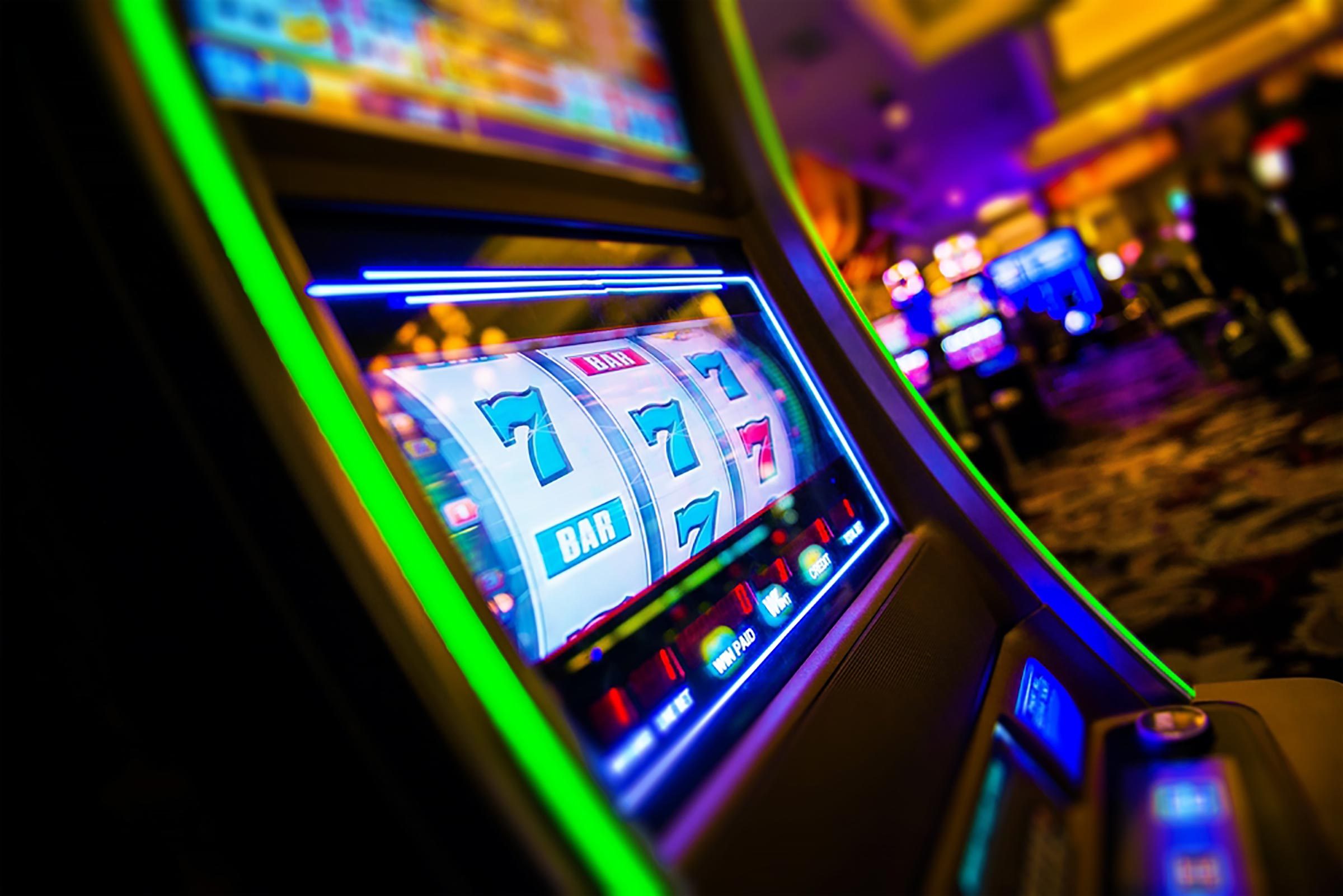Gambling Games and Their Role in Pop Culture
Casino games have long captured the fascination of humans around the globe, becoming an integral part of both fun and culture. From the shimmering lights of the Vegas Strip to the engaging experience of internet gambling, these games evoke enthusiasm, risk, and sometimes even a sense of nostalgia. They are beyond simply pastimes; they have woven themselves into the fabric of our lives, influencing various aspects from cinema and melodies to clothing and books.
The charm of casino games surpasses the betting aspect, tapping into larger themes of luck, chance, and psychology. As players assemble around a card table or spin the roulette, they engage in an ancient ritual that resonates with our collective desire for thrill and unpredictability. This captivation has led to the emergence of numerous references in cinema, music, and electronic games, showcasing how intensely entrenched these games are in pop culture. Whether it is the intense drama of a traditional robbery film or the vibrant nightlife portrayed in videos, casino games have established a substantial role that reflects our connection with risk.
Cultural Significance of Gambling Games
Casino activities have played a crucial role in social contexts throughout the ages. Stemming from ancient societies, forms of chance were often linked to ceremonies or events. For example, early iterations of gambling can be traced back to historic Chinese and the Romans, where die games and betting on outcomes were common pastimes. These games not only served as leisure but also as means of social interaction, facilitating connections among people within societies.
As societies evolved, so did the complexity and organization of gambling games. The establishment of formal casinos in the 17th century, particularly in the Italian region, marked a significant shift in how games were viewed and organized. With designated spaces for gaming, the casino became a community center where people from various backgrounds convened. This change contributed to the validation of gambling, transforming it from a mere pastime into an established industry that shaped economy and policy.
The effect of gambling games on mainstream culture cannot be understated. As they were brought into the limelight in literature and movies, games such as poker and 21 became icons of chance, chance, and tactics. Famous figures and stories have developed around these games, reflecting societal attitudes towards fortune, wealth, and immorality. This interest with casino games has infiltrated various forms of entertainment, cementing their status in the public imagination and linking them to broader cultural narratives throughout history.
Depiction of Casino Games in Media

Gambling games have long been a popular topic in various forms of media, reflecting both the fascination and nuances of gambling culture. Films such as Ocean's Eleven and Casino Royal portray figures who navigate dangerous scenarios, showcasing not only the allure of the casino atmosphere but also the strategies and choices that come with playing popular games like poker and blackjack. These films often dramatize the exhilaration of winning and the potential repercussions of losing, encapsulating the dangers involved in betting.
Television shows have also explored the world of gambling activities, often integrating them into the narrative as a context for character development and drama. Shows like Vegas depict the stories of gambling employees and patrons, highlighting the dynamic, often tumultuous energy of the gaming floor. Reality shows featuring high-stakes gambling competitions further emphasize the fascination of gambling activities, drawing viewers into the drama and planning involved in each game. Through these representations, media not only amuses but also prompts conversations about fortune, skill, and the nature of chance.
Video games have increasingly incorporated gambling activities into their development, allowing players to experience the experience of gambling without monetary loss. Games within the realm of digital gaming often include virtual slots, poker, and other casino favorites, creating an engaging environment that mirrors real-life gameplay. These virtual portrayals make gambling activities accessible to a global audience, appealing to both players who indulge and those who enjoy the rush of simulation. diana4d As a outcome, the portrayal of gambling activities in media continues to shape public perception and cultural relevance, highlighting their role in entertainment and social context.
Effect of Casino Games on Communities
Gambling activities have a significant impact on society, affecting multiple aspects of societal norms and social behavior. They often function as a venue for social interaction, where people gather to enjoy a shared activity. Game nights with friends or visits to casinos become group events that foster connections and create shared moments. This collective aspect boosts the entertainment value of casino games, making them a popular choice for festivities and leisure activities.
Additionally, gambling activities have been depicted in countless movies, TV series, and literature, influencing views and attitudes towards gambling and gaming. Icons like James Bond playing baccarat or the high-stakes poker scenes in films have cemented these games in the collective imagination. This depiction often glamorizes the lifestyle associated with gambling, drawing in new players and influencing trends in both style and behavior. These portrayals can ignite curiosity and lead to a deeper investigation of the nuances of gambling.
Nonetheless, there are also adverse implications associated with the popularity of casino games. The temptation of quick monetary gain can lead to gambling addiction and economic troubles for some people. The community must grapple with these consequences, promoting responsible gambling and education of the dangers involved. Finding a balance between the fun aspect of gambling activities with the potential for harm is crucial to ensure that they continue to be a beneficial aspect of our cultural landscape.
